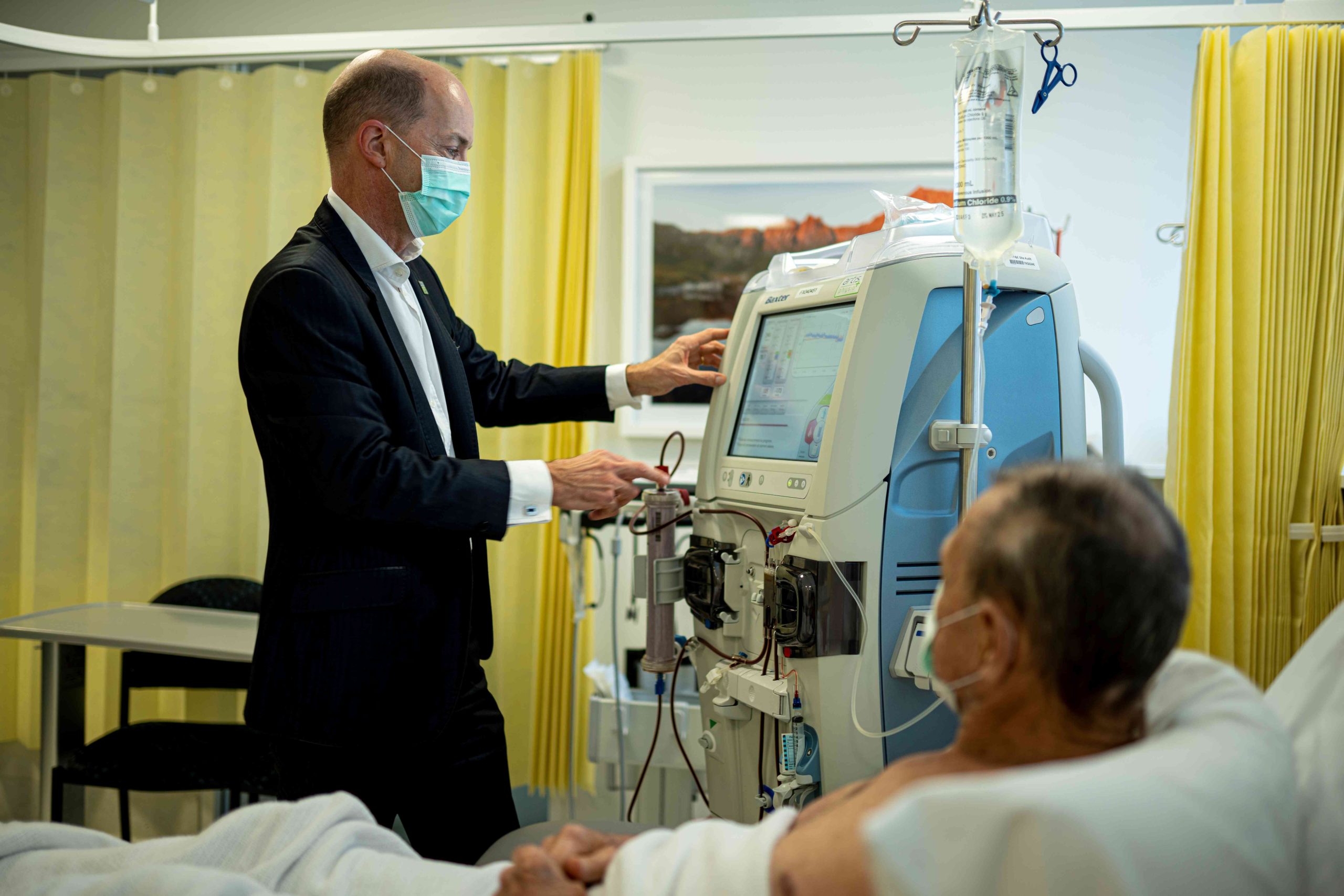
Cardio-Vascular Disease (CVD) causes more Tasmanian deaths than any other condition. It is linked to over 3,000 Tasmanian deaths each year and is a major burden to Tasmanians and our community. This impacts on quality of life, but also through high use of health services, particularly at the Royal Hobart Hospital (RHH), where the statewide services of cardiac surgery, vascular surgery and stroke services are based.
Led by Professor Matthew Jose, a state-wide research team made up of clinicians from general practice, together with those involved in public health, kidney disease, diabetes, cholesterol and heart disease was funded to undertake vital Tasmanian focused research in late 2019 and early 2020. We are pleased to report that this study has uncovered some very important information that will help ongoing medical research for years to come. You may remember the roll-out of media coverage around our community health campaign focusing on vascular disease that saw the community dig deep to ensure this $25k study could be funded. We featured the story of local Tasmanian, Scott Salter, who suffered two heart attacks before undergoing triple bypass surgery at the RHH at Christmas time 2018. Scott is 58 and knows first-hand how close he was to having this disease devastate his life. His message was clear, “don’t leave it too late to get checked”.
Greater awareness and support is critical for people with high cholesterol. We need to identify and fully treat these people to try and prevent future heart attacks, strokes or death from Cardio-vascular Disease.
The study titled “A comprehensive examination of potentially modifiable vascular disease risk factors and their consequences in Tasmania” saw a local research team from across the state dive into data to analyse which Tasmanian communities have high levels or risk factors for vascular disease (kidney disease, cholesterol, or diabetes). Royal Hobart Hospital Research Foundation CEO, Heather Francis, said this clinical research project and many others will have lasting impact for generations of Tasmanians to come.
“There is so much to be done to improve the health status of Tasmanians. Funding these important research programs is only possible through the assistance of our community. Generous support will help us work toward this goal, but it is important to know that the impact of this study has already been particularly vital,” she said. With the help of Sonic Laboratories (Hobart Pathology, Launceston Pathology and North-West Pathology) plus Pathology South, the team examined 398,649 unidentified Tasmanians who had their lipids, glucose or creatinine measured between 2004 – 2017. The team then reported these by age, gender, geographic region (South, North or North-west Tasmania as well as smaller local communities). We think you’ll join us in being excited about another example of cutting-edge research happening right here at our doorstep with involvement of many locals, all aimed to benefit Tasmanians in years to come.
You can help support projects like this one and many more by making an online donation today. Thank you for continuing to support groundbreaking Tasmanian medical research.